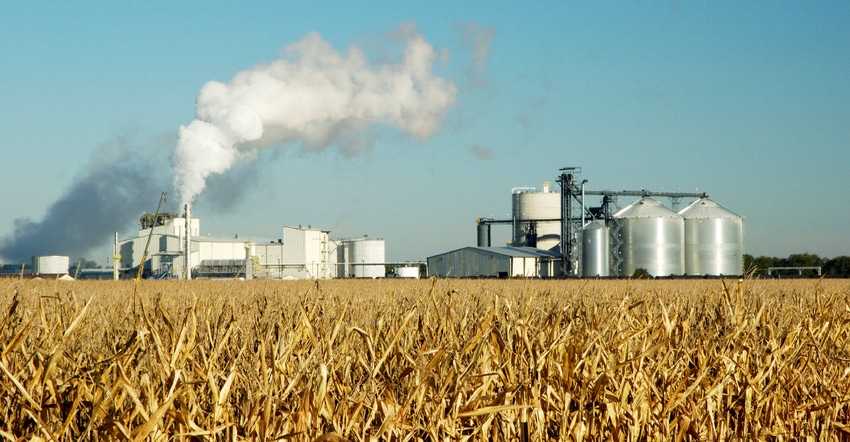Informa analysis finds price of retail gasoline has been primarily driven by movements in crude oil prices and seasonal demand.

Prices of renewable identification number (RIN) credits used for Renewable Fuel Standard (RFS) compliance have not caused changes in retail gasoline prices, according to a new analysis by Informa Agribusiness Consulting.
The analysis, commissioned by the Renewable Fuels Assn. (RFA), looked at trends in the prices for conventional biofuel RINs and retail gasoline from 2013 to the summer of 2017. Opponents of the RFS have continued to claim that RIN prices have increased gas prices.
In early 2013, market participants began to realize that ethanol usage could fall well short of levels needed to meet the RFS in the future, and prices of conventional ethanol RINs (known as “D6” RINs) rose to levels that were multiples of prices that had been experienced previously, spiking to nearly $1.50 during July 2013. This was partly a result of the 2012 drought, which reduced the size of the corn crop and led to record-high corn prices. Some ethanol plants were idled in late 2012 and early 2013 as market prices for ethanol were not sufficient to enable producers to offset higher production costs.
During the late summer and early fall of 2013, RIN prices dropped precipitously. In November 2013, the Environmental Protection Agency proposed substantial cuts to the volumes required in 2014 for all RFS standards except the one for biomass-based diesel.
“Based on statistical analysis, it can be concluded that changes in RIN prices did not ‘cause’ the changes that occurred in retail gasoline prices in 2013, and this has continued to be the case through the summer of 2017,” Informa Agribusiness Consulting reported. Instead, the price of retail gasoline has been primarily driven by movements in crude oil prices and by changes in the spread between domestic and international crude oil prices as well as seasonal demand, the analysis found.
The Informa analysis noted that “changes in RIN prices have not caused changes in retail gasoline prices (or vice-versa). To any extent that the two are related, it is not a direct causal relationship.”
“EPA seems to be on a mission to lower the price of RINs,” RFA president and chief executive officer Bob Dinneen said. “The agency’s proposed 2018 RFS renewable volume obligations -- which, for the first time, lowered the total RFS volumes from the previous year -- a subsequent notice of data availability proposing to lower the RFS further to reflect anticipated reductions in imported biodiesel and rumors of an impending proposal to allow exported biofuel to qualify for the domestic program all would have the effect of lowering the price of RINs, but this analysis demonstrates that EPA’s efforts will have no impact on consumer gasoline prices. If finalized, however, these proposals will have a decidedly negative impact on the U.S. ethanol industry by artificially cannibalizing demand.
"If the intent is to lower the price of RINs, EPA should consider expanding ethanol demand by empowering consumers to utilize higher level ethanol blends. After all, ethanol is less expensive than gasoline today, and RINs attached to each gallon of ethanol purchased from a producer are free,” he said.
About the Author(s)
You May Also Like



.png?width=300&auto=webp&quality=80&disable=upscale)

